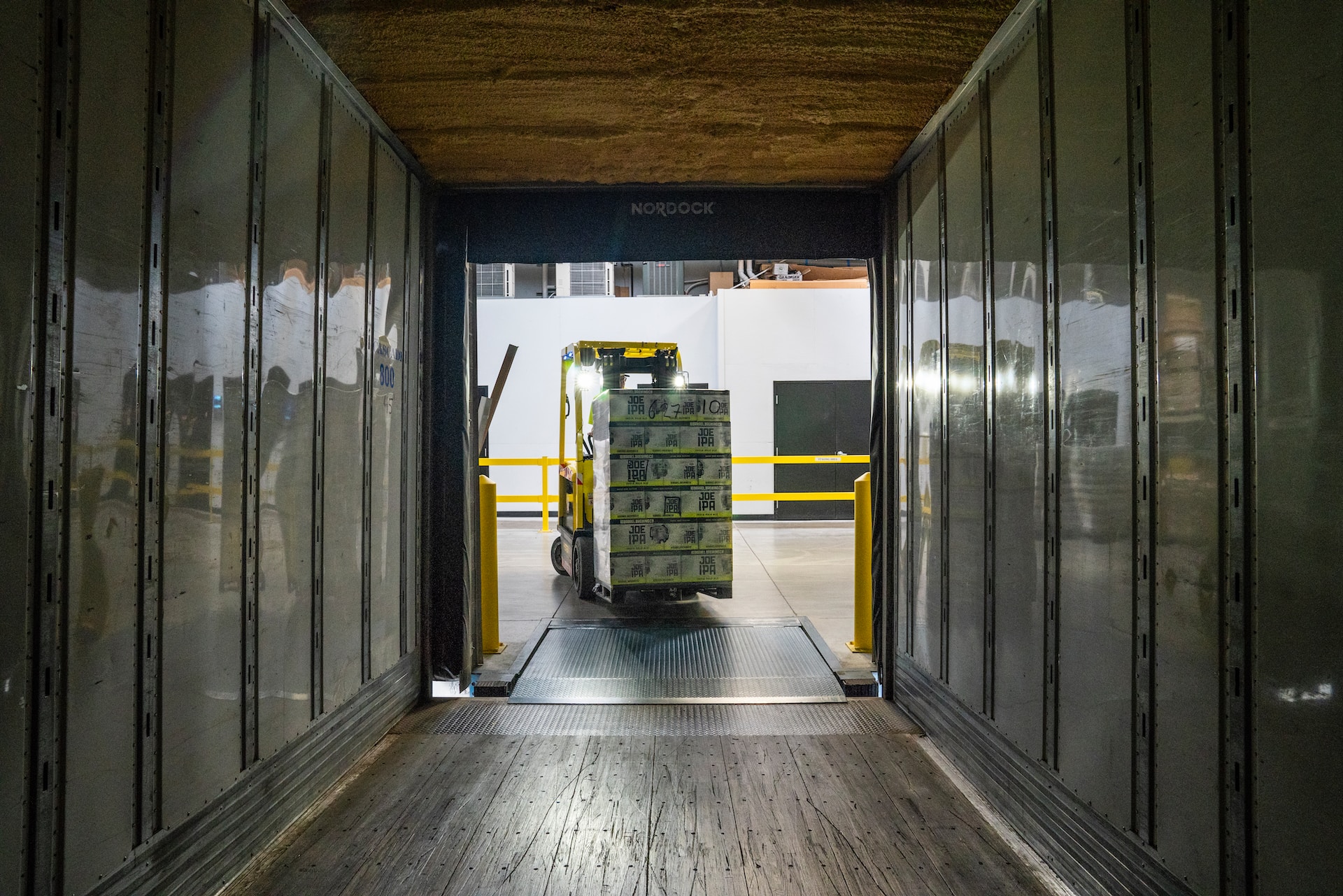Do you want to start your own trucking or hauling company? For individuals starting a trucking company or seeking to expand their current business, there are numerous opportunities. The extensive road network in Ireland, which connects all of the country’s counties’ cities, towns, and rural areas, is essential to supply chains in a variety of businesses.
There are import and export prospects outside of Ireland, and many local or national businesses are looking for freight forwarders and haulers to connect them to Ireland.
There are various methods that trucking is conducted, offering you flexibility when establishing your haulage company. These include being a lone proprietor and accepting contracts through a haulier. Another choice is to set yourself up as the relevant FSW LTD – Road Haulage, complete with a staff of lorry drivers you can dispatch on jobs.
Read on for advice on how to start your own haulage company or become a self-employed trucker.
Establishing oneself as a truck driver
Many truckers who have worked for large corporations or haulage businesses discover that they can benefit more from working for themselves, both financially and in terms of achieving a better work/life balance. You’ll need to take care of a few things after receiving your HGV (heavy goods vehicle) license to make self-employment profitable for you:
business strategy
Even though you are an independent contractor, you still need a business plan, and it only needs to be a few pages. Planning will be made easier, and it will provide guidance as you work to expand your company.
Your business plan will aid in keeping you focused on your objectives, your target clients, the market, your pricing strategy, and your financial position.
You could find it useful to conduct a SWOT analysis as part of your business plan so that you are aware of your strengths, weaknesses, opportunities, and threats.
A self-employed trucker involved in the grain transportation industry might have a SWOT that seems as follows:
 Strengths
Strengths
- flexible to the needs of the client
- lower costs than haulage companies
Weaknesses
- inadequate resources
- little financial resources
Opportunities
- Ireland’s road transport sector is flourishing.
- The nation is primarily rural, and agriculture is a significant industry.
Threats
- Because agriculture is a seasonal industry, planning for slow times is necessary.
- If the harvest is poor, jobs may be hard to come by.
- You should consider where you will source your business together with your SWOT analysis.
Learn about area haulage companies and tap into your relationships with former employers. Depending on the cost, you might also choose to advertise in trade publications or regional newspapers.
Consider other sectors that are complementary to your own, such as the mechanics you utilize, as they might refer you to their other corporate clients.
finance for assets
The sort of truck you choose is likely to be your biggest investment. Whether it be a flatbed, curtainsider, or another design. It all depends on what you need it for; for example, if you work in construction, you might require a crane truck or wish to provide chilled haulage for the food business.
To make this investment, you will need to take out a loan unless you already have the money in savings. To obtain financing for your truck, go to your bank or a specialized heavy goods vehicle finance lender.
If you are a lone proprietor, you will need to present a business plan, and some lenders may ask that the loan be secured by your property.
running expenses
Once you have your truck, you must decide whether the cost of operating the truck and your business aligns with the fees you intend to charge customers and hauling companies. Your ongoing expenses may include:
- repayment of loans from asset finance
- Insurance and taxes
- maintenance and repair of fuel
- Depreciation
- food, drink, and a place to stay the night while traveling
- Licenses for HGVs and training
- criteria for safety and health.
It’s important to understand how much a project will cost you in terms of fuel and other materials, as well as to budget money for taxes, insurance, and upkeep.
Insurance
To protect you, your car, and its contents while you’re working, you’ll need commercial HGV insurance.
You will require insurance that includes coverage for the items you are transporting in addition to theft, loss, or unintentional damage. If, for instance, you are moving dangerous chemicals or livestock, you may require specialized insurance.
Insurers that are members of the Irish Brokers Association or the Brokers Federation of Ireland are the ones you should seek out.
 Accounting
Accounting
You must make your accounting as basic and automated as you can given the many hours you spend behind the wheel. When examining finances, online accounting software can be accessed on a smartphone, which is helpful if you don’t have a desk job.
You must consider the following issues as part of your accounting process:
- Create a quote template to expedite the process of sending quotes.
- Establish a monthly billing date to help you maintain effective credit control.
- Allow customers to pay through online or bank transfers
- Create automated reports to notify you of past-due invoices.
- Make a point of recording all of your spending.
- Check your accounts frequently to be sure you are providing for taxes and other costs.
establishing and running a hauling business
Many of the same factors that go into setting up a self-employed contractor apply to haulage businesses, but on a greater scale.
To start your firm, you’ll need to have financing or an investment. This will cover things like vehicles, furniture, and other supplies, as well as real estate. Your business plan will need to be more intricate and include information on hiring costs, forecasts, and expansion strategies.
Vehicles and the items they move must be covered by insurance, but your company also needs public liability and employer’s responsibility insurance.
Your accounting issues are comparable, therefore you should implement the proper procedures to handle quotes, invoicing, and spending in addition to payroll.
You will need a flexible payroll system because your drivers don’t typically work regular hours, so you can rapidly determine their pay based on the number of hours they put in. You will need to keep some drivers off of your payroll since, if they are independent contractors, they might charge you instead.





